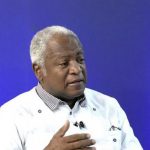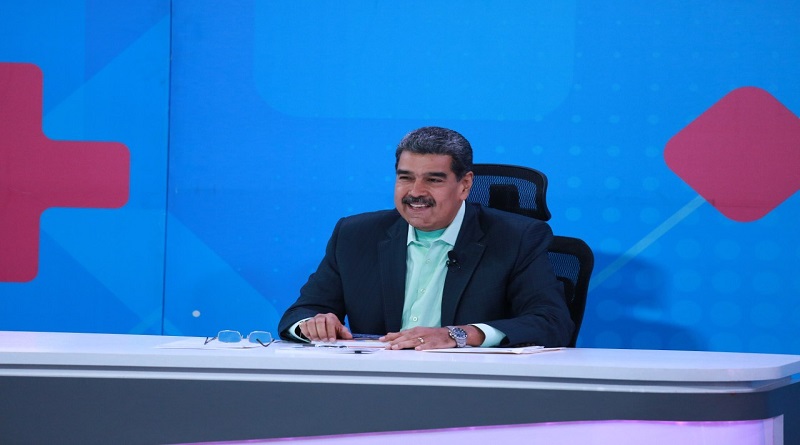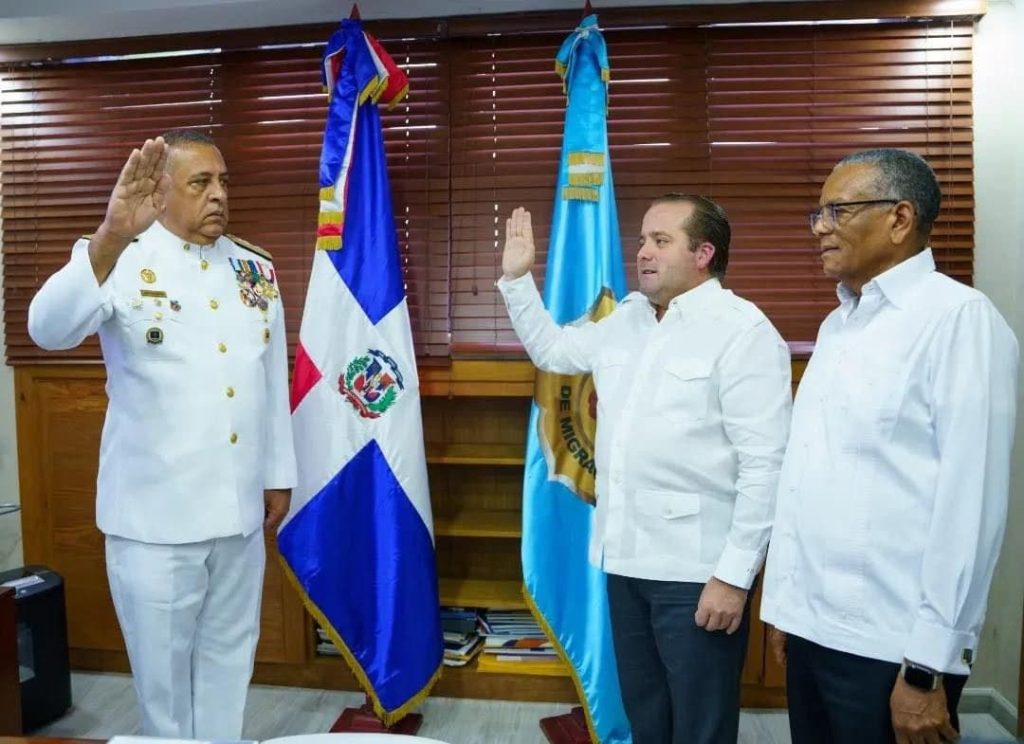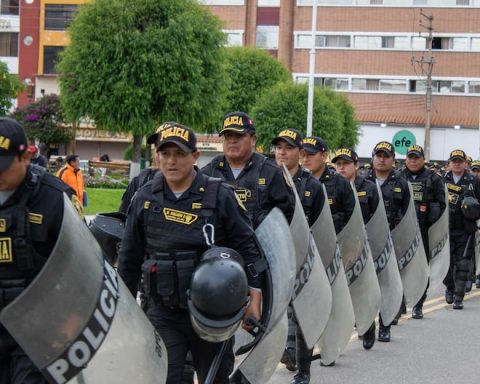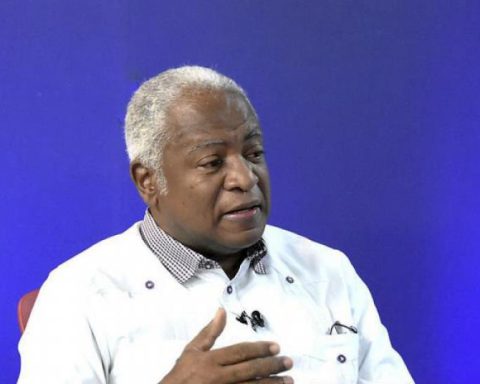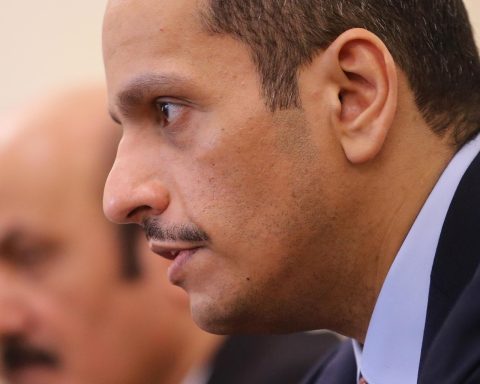
Yamandu Orsicandidate for the presidency of Uruguay for the Frente Amplio, began a tour of Buenos Aires this Monday, taking with him Carolina Cossevice presidential candidate. The visit focused on meetings with compatriots residing in Argentina, many of whom have expressed their intention to return to the country to exercise their right to vote on October 27.
This meeting is emerging as a strategy to mobilize the Uruguayan diaspora ahead of the elections, since Uruguayans abroad do not have the right to consular or epistolary voting. In addition, Orsi took the opportunity to participate in a dialogue with local media.
Foreign policy and bilateral relations with Argentina
During his visit, the presidential candidate was questioned about his position regarding the government of Argentine President Javier Milei, who took office in December 2023. In his statements, Orsi emphasized his commitment to building “the best of relations” with the neighbor. country, emphasizing that this policy is a historical tradition of Uruguay.
He assured that his approach to foreign policy is based on the principle of maintaining excellent relations with all neighbors, regardless of ideology or the party in charge. The priority, Orsi emphasizes, is that “our people do well,” indicating that administrations change, but the ties between States and peoples must endure.
Support for the vote of citizens abroad, a nod to the diaspora
In the area of the right to vote, Yamandú Orsi expressed his support for voting from abroad. He highlighted that there are divided positions in Uruguay on this issue. He highlighted the paradox in which some of the opponents of this idea actively participate in elections in other countries due to their status as multinational citizens.
Orsi indicated that during the Frente Amplio governments measures were taken to strengthen the link with the diaspora, although he admits that there is still work to do. In his proposal, he advocates a conception of the country that also includes citizens who live outside its borders.
Carolina Cosse, in an interview with local radio Futurock, also spoke out in favor of voting from outside the country. He described it as “a great delay” that Uruguay still does not allow it, highlighting the significant presence of more than 500,000 Uruguayans spread around the world. Cosse explained that many emigrate not by choice, but in search of better economic and job opportunities, and pointed out that no one leaves their homeland without regretting it.
Both candidates argue that denying the vote to Uruguayans abroad represents a setback. According to Cosse, this means turning our backs on a vital portion of the nation. He argued that allowing them to vote is crucial to keeping alive their sense of belonging and connection to their homeland, a bond they consider essential to national cohesion.










